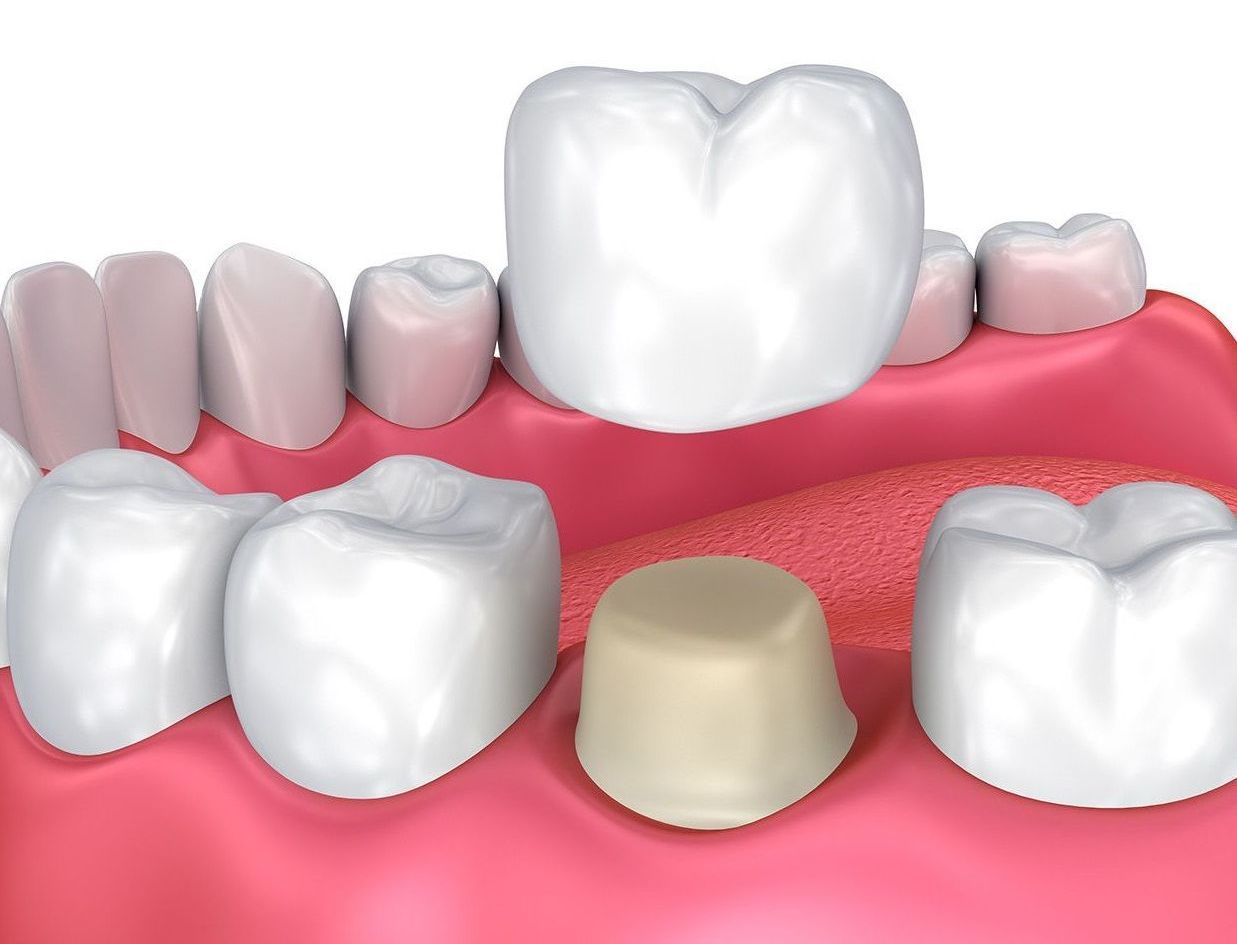Root Canals are Not as Scary as You Think
You hear the words “root canal”. What is the first thing that comes to mind? Most people have horrible ideas that involve fear, pain, financial burden, etc. when it comes to having a root canal procedure. Widespread misinformation continues to haunt root canals and give them an undeserved bad rap. In reality, there is nothing to be afraid of! We’ve drilled down (no pun intended) and debunked the mysterious fear behind this common procedure.
What is a root canal?
A root canal is a dental procedure that, with modern day treatment, is very similar to a dental filling except that it extends into the root of the tooth beneath the gum where a filling is in the crown portion of the tooth which is above the gum.
Why is a root canal needed?
A root canal can be necessary for a number of reasons:
1. The tooth is infected.
2. The tooth has lingering sensitivity to cold, hot chewing and biting.
3. The tooth can not be restored without a post for added support for the crown.
Does a root canal hurt?
A root canal treatment typically will not hurt at all because the patient is numb, just like when having a filling. There can be some sensitivity post-treatment while the tooth is healing, but this resolves completely within 2 weeks. Most patients report that they feel so much better immediately after the procedure. Typically, there is much more pain caused by the problem before the root canal.
How do you know if you need a root canal?
Symptoms include:
1. Hot or cold sensitivity that lingers
2. Pain when chewing or biting
3. Swelling
4. Bump on the gum next to the tooth
5. Throbbing pain that awakens you from sleep or upon awaking in the morning
Should I save my tooth?
Yes, as it is the best and most natural option as well as the least expensive in the long run. If you extract the tooth, your other teeth will shift and they will also be subject to more wear and stress.
Are there other treatment options?
1. A dental implant, which is the 2nd best option, but it takes 8 months and does not feel as natural. This option is also more expensive.
2. A dental bridge is another option which requires altering the adjacent teeth to fit with crowns.
3. A dental flipper or partial dentures is a third option which is removable and feels very unnatural, but it is less expensive.
What is the cost of root canal treatment?
Cost varies depending on which tooth is involved and insurance benefits as well as provider fees.
Can a root canal fail?
Yes, it can if the tooth is not crowned. It can also fail if teeth are not properly cared for with good home hygiene and regular dental visits (twice a year for professional care). However, with proper care, most root canals are successful for many years.
At the end of the day, root canals have an awful reputation for no reason at all. Almost all root canals are painless and relatively quick. If this is something that you have to undergo, no need to worry. Contact us if this situation ever arises and we will be happy to walk you through the process!











